On September 27, in Bac Lieu province, Deputy Prime Minister Le Minh Khai chaired the Mekong Delta coordination conference, with the participation of leaders of central ministries, branches and 13 provinces and cities in the Mekong Delta region.
At the conference, Mr. Cao Huy, Deputy Head of the Government Office, announced Decision No. 974 dated August 19, 2023 of the Prime Minister on the establishment of the Mekong Delta Coordination Council with 29 members; Deputy Prime Minister Le Minh Khai is the Chairman of the Council.
Conversion suitable for each typical ecological region of the Mekong Delta
Speaking at the conference, Mr. Tran Duy Dong, Deputy Minister of Planning and Investment, said that the Mekong Delta is a key agricultural region with many key products, especially rice, shrimp, tra fish, and fruits; at the same time, it plays a particularly important role in terms of ecological environment, water security, and food security for the whole country. However, the Mekong Delta still faces many difficulties and challenges, and has not yet fully exploited the potential and strengths of the region. The economic scale of the region accounts for only about 12% of the country's GDP. The infrastructure is lacking and weak, not meeting the development requirements, including intra-regional traffic connections, with the Southeast region and Ho Chi Minh City. In particular, the agricultural strength has not yet formed a large-scale specialized area.
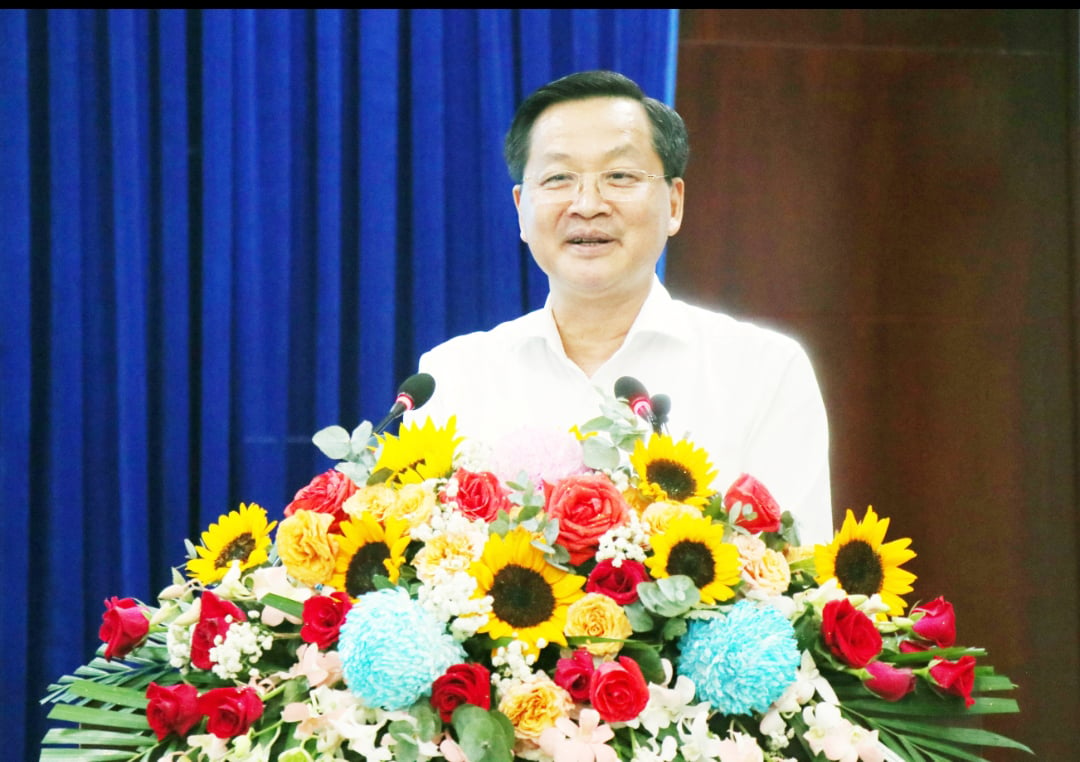
Deputy Prime Minister Le Minh Khai gave a speech at the Mekong Delta Coordination Conference.
Mr. Pham Van Thieu, Chairman of Bac Lieu Provincial People's Committee, said that Resolution 120 of the Government and the Mekong Delta Regional Planning for the period 2021 - 2030, with a vision to 2050, have clearly oriented that the Mekong Delta needs to transform its agricultural production structure to adapt to changes in natural conditions according to 3 ecological sub-regions.
First is the freshwater ecological zone including part of the provinces: An Giang, Dong Thap, Hau Giang, Vinh Long, Can Tho City, which is a key area for rice production, freshwater aquaculture and fruit.
The second is the coastal brackish-salinity ecological zone, including parts of the provinces: Kien Giang, Ca Mau, Bac Lieu, Soc Trang, Tra Vinh, Ben Tre, Tien Giang, Long An. This is the area for developing saltwater, brackish-salinity aquaculture onshore and at sea; seafood fishing; restoring and developing mangrove forests.
The third is the freshwater-brackish transition zone in the middle of the delta, including parts of the provinces: Kien Giang, Ca Mau, Bac Lieu, Soc Trang, Tra Vinh, Ben Tre, Tien Giang, Long An. This is where brackish water aquaculture is developed, specializing in and rotating with rice and vegetables, suitable for seasonal water conditions.
In order to effectively convert and use agricultural land in accordance with the above 3 ecological sub-regions, the Chairman of the Bac Lieu Provincial People's Committee proposed that the Government should soon consider and issue mechanisms and policies to encourage enterprises to invest in rural agriculture. Especially, mechanisms and policies to support the conversion of crops and livestock for the 3 main product groups: aquatic products - fruit trees - rice for localities to implement.
Road congestion on land, lack of deep-water ports at sea
At the conference, many delegates also recommended that the Central Government further increase resources to support localities, including ODA loans and international funding sources to develop irrigation and transport infrastructure, especially regional roads and waterways; projects to respond to climate change and prevent landslides in the Mekong Delta.
Concluding the conference, Deputy Prime Minister Le Minh Khai assessed that in recent times, the Mekong Delta region as a whole has a good structure and regional connectivity, connectivity in the processing industry, and agricultural value chains. However, the lack of synchronous transport infrastructure is still the biggest bottleneck. In addition, the region does not have a deep-water seaport, making exports difficult, goods difficult to increase competitiveness, and attracting investment and developing human resources in the region are also limited.
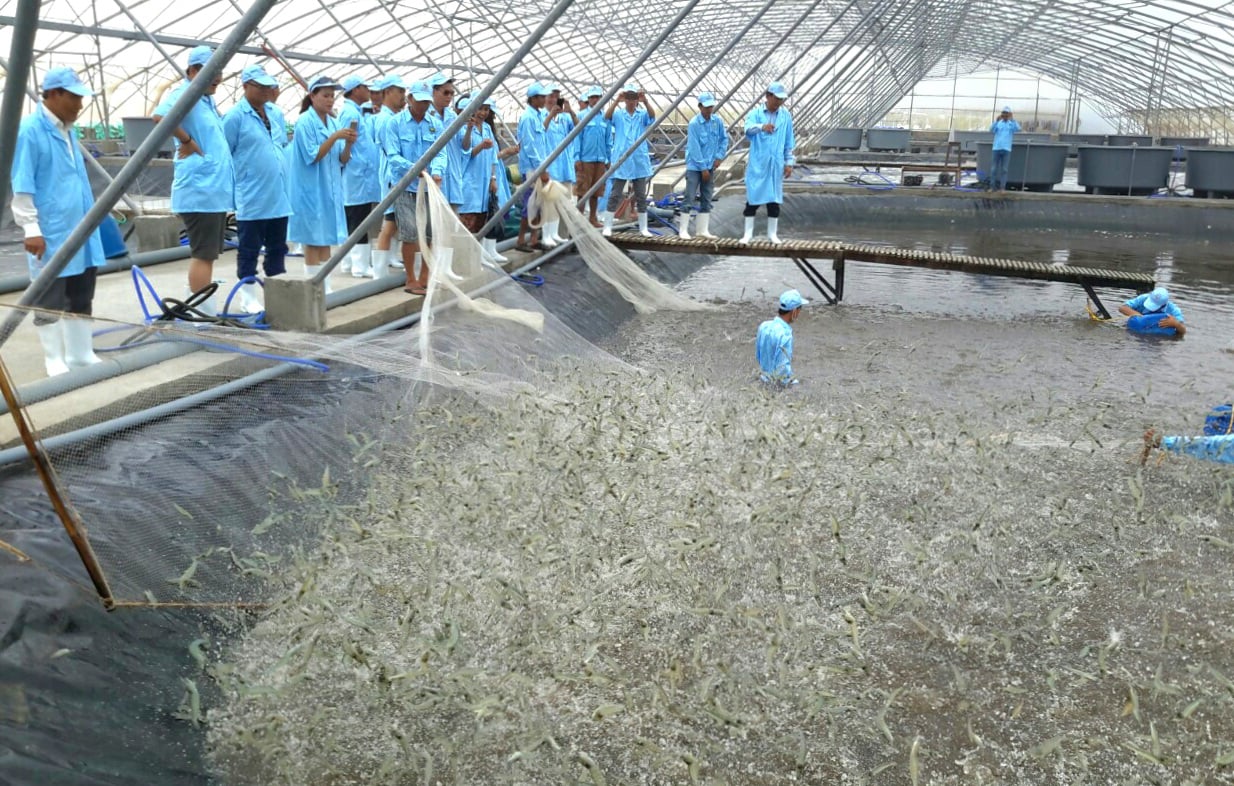
Super-intensive shrimp farming model in coastal areas of Bac Lieu
Regarding the orientation of the Regional Coordination Council in the coming time, Deputy Prime Minister Le Minh Khai requested ministries, branches and localities to take specific actions to improve the effectiveness of coordination activities in the Mekong Delta. In particular, it is necessary to focus on promoting large-scale, modern, commodity agricultural production; optimizing agricultural value; developing technology in varieties, processing industry, preserving agricultural and aquatic products, linking production with consumption markets and building product brands. In particular, promoting economic restructuring, especially agricultural structure suitable for each typical ecological region of the Mekong Delta, proactively adapting to climate change and rising sea levels; solving the problems of riverbank and coastal erosion, subsidence, drought and salinity; building a comprehensive strategy to protect and sustainably use the Mekong River's water resources.
Source link


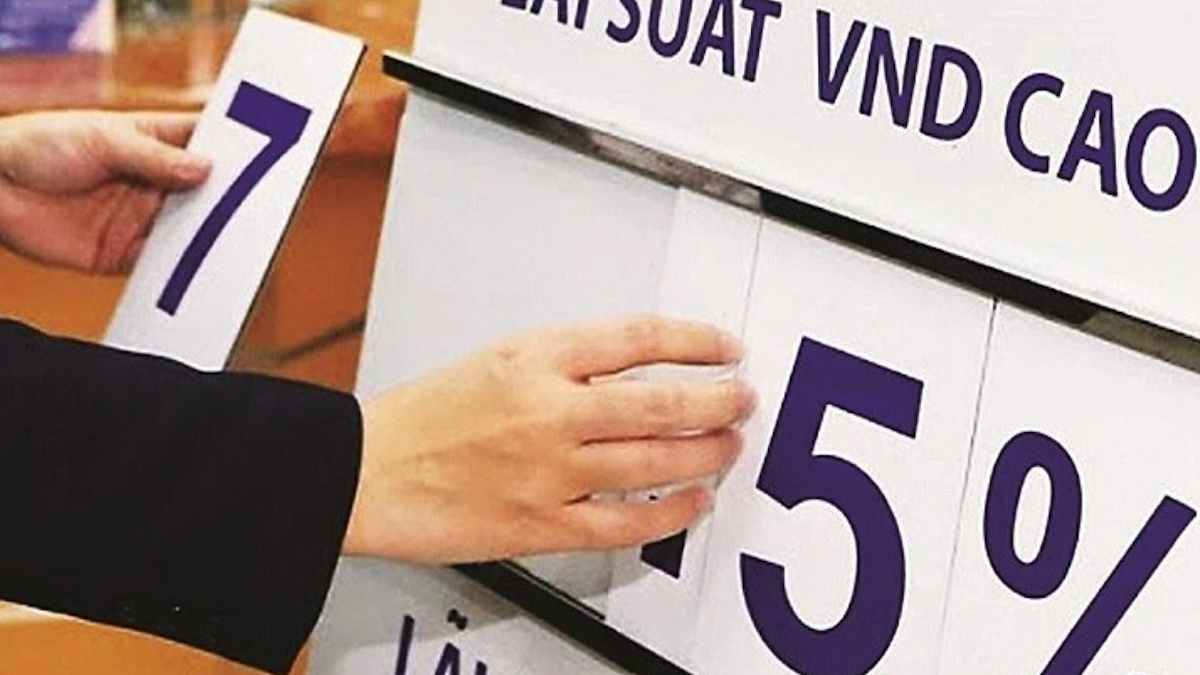

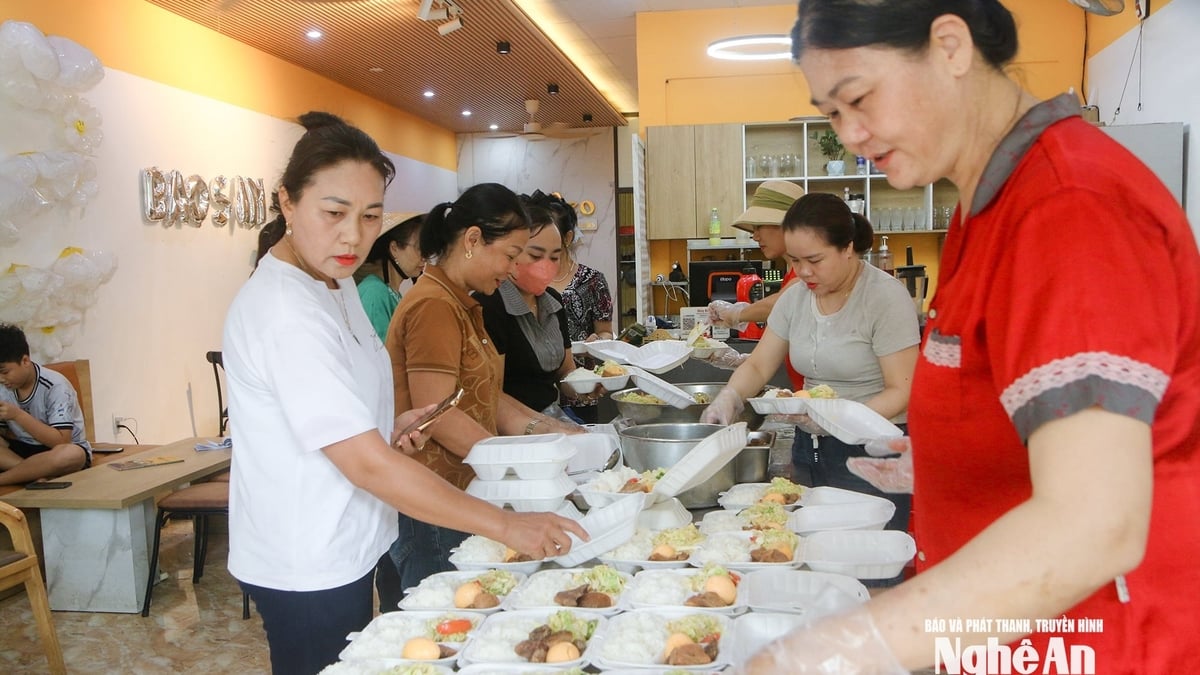

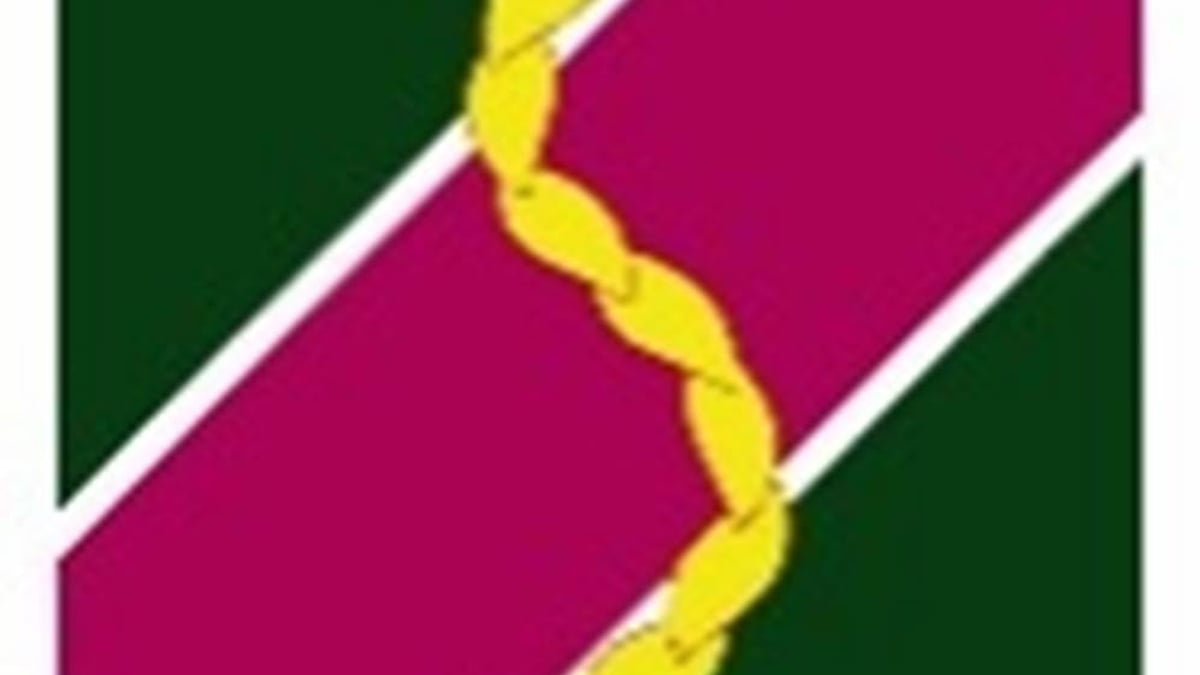
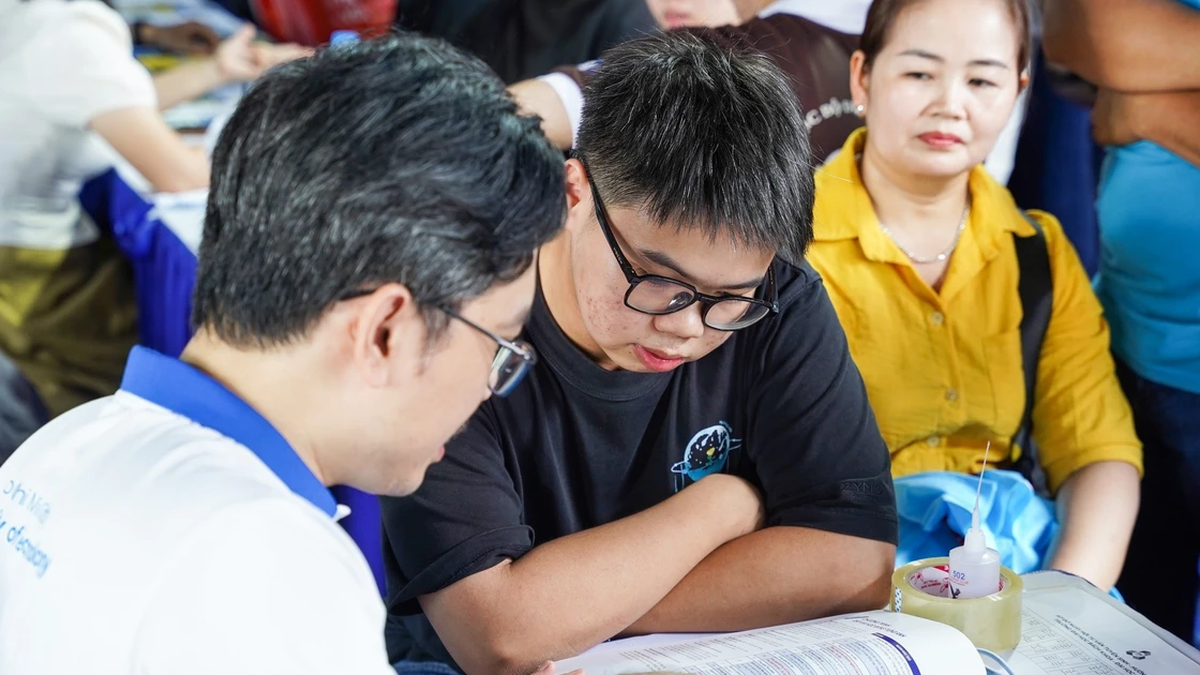
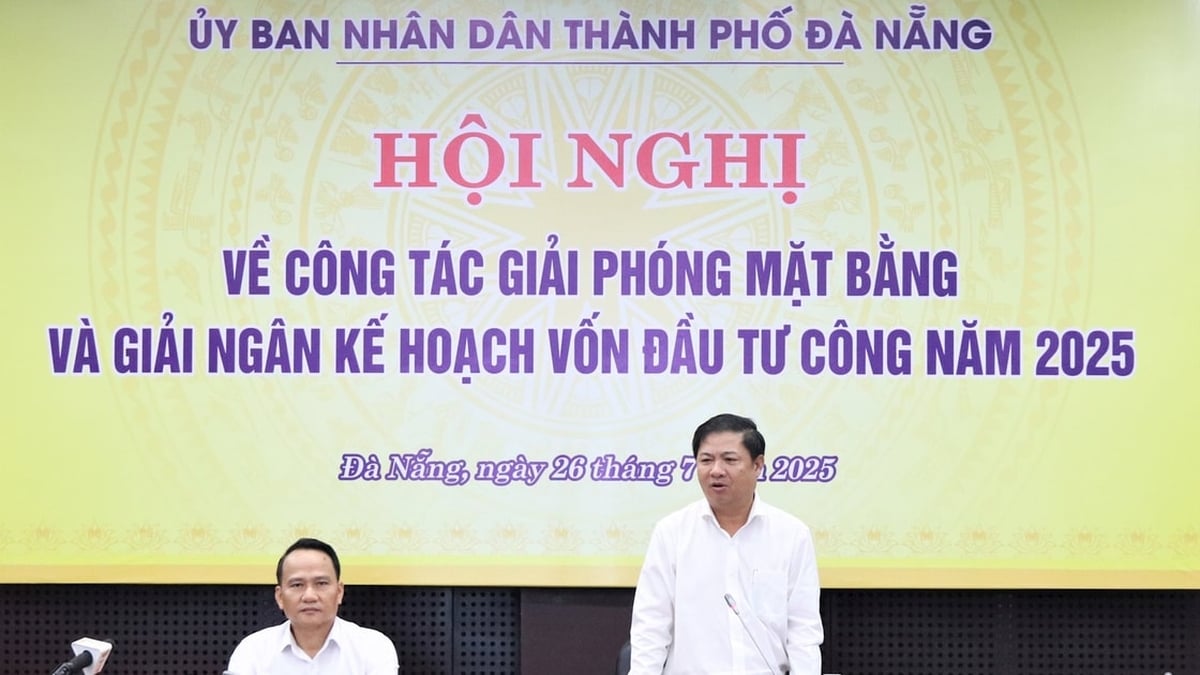
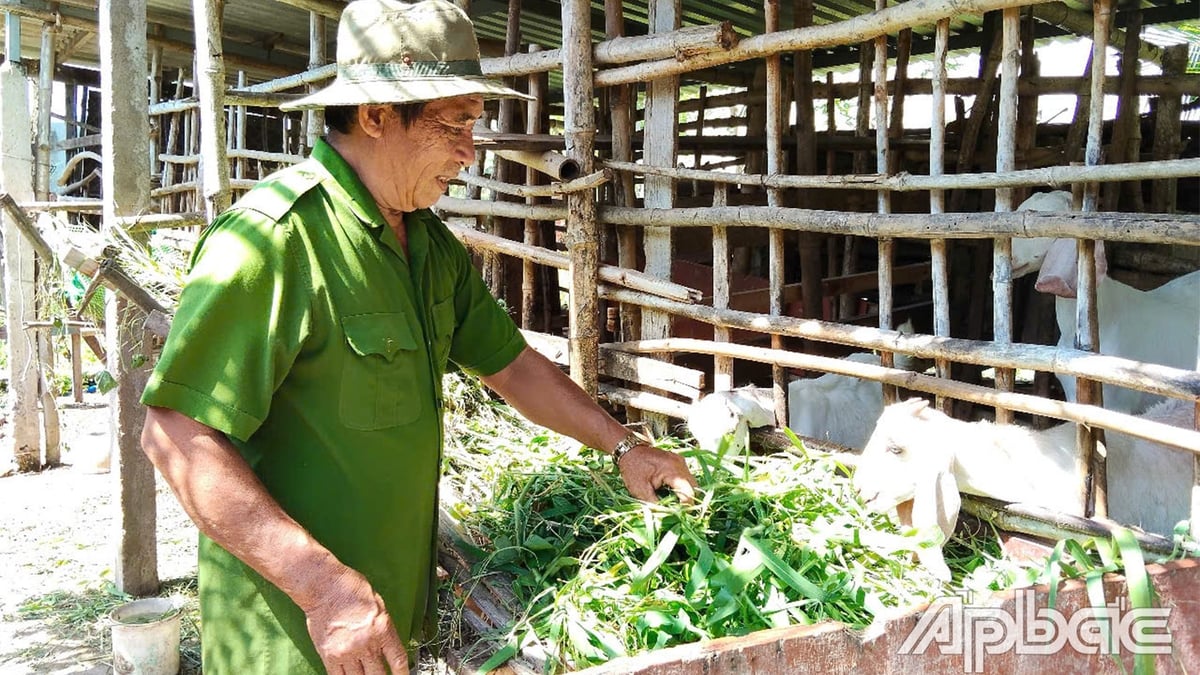

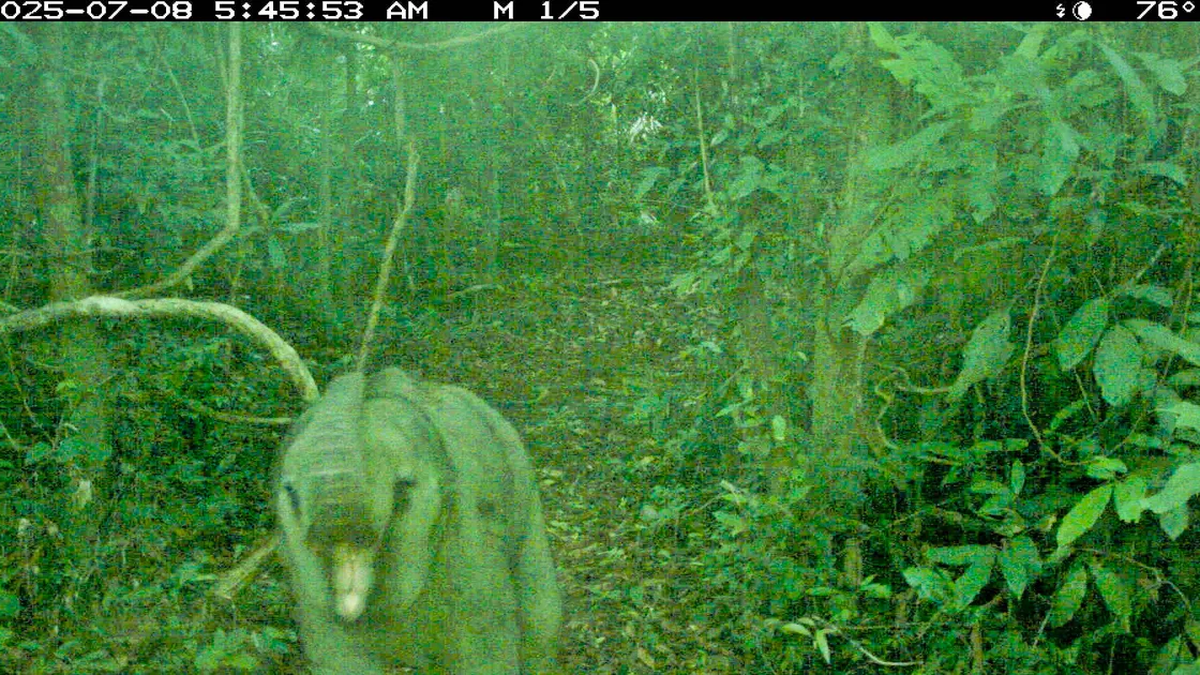
















![[Photo] Signing of cooperation between ministries, branches and localities of Vietnam and Senegal](https://vphoto.vietnam.vn/thumb/1200x675/vietnam/resource/IMAGE/2025/7/24/6147c654b0ae4f2793188e982e272651)
































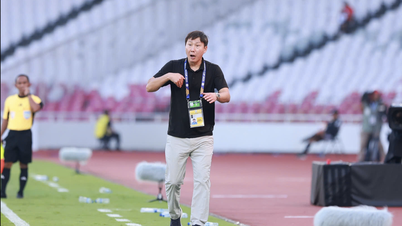





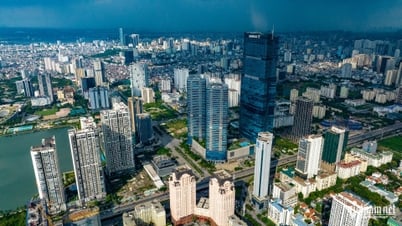
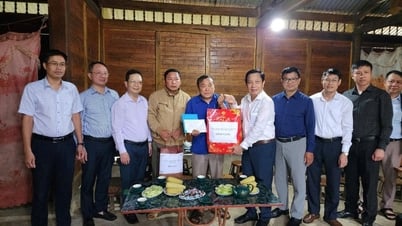



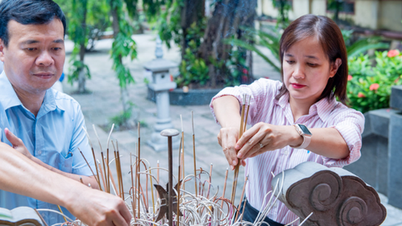
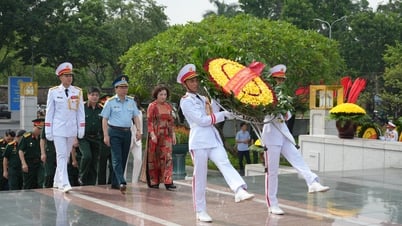
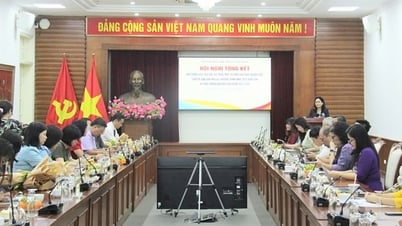

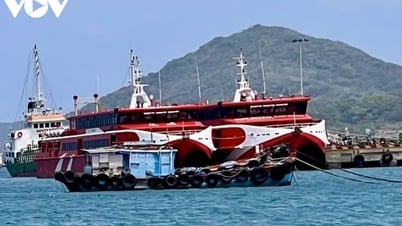























Comment (0)